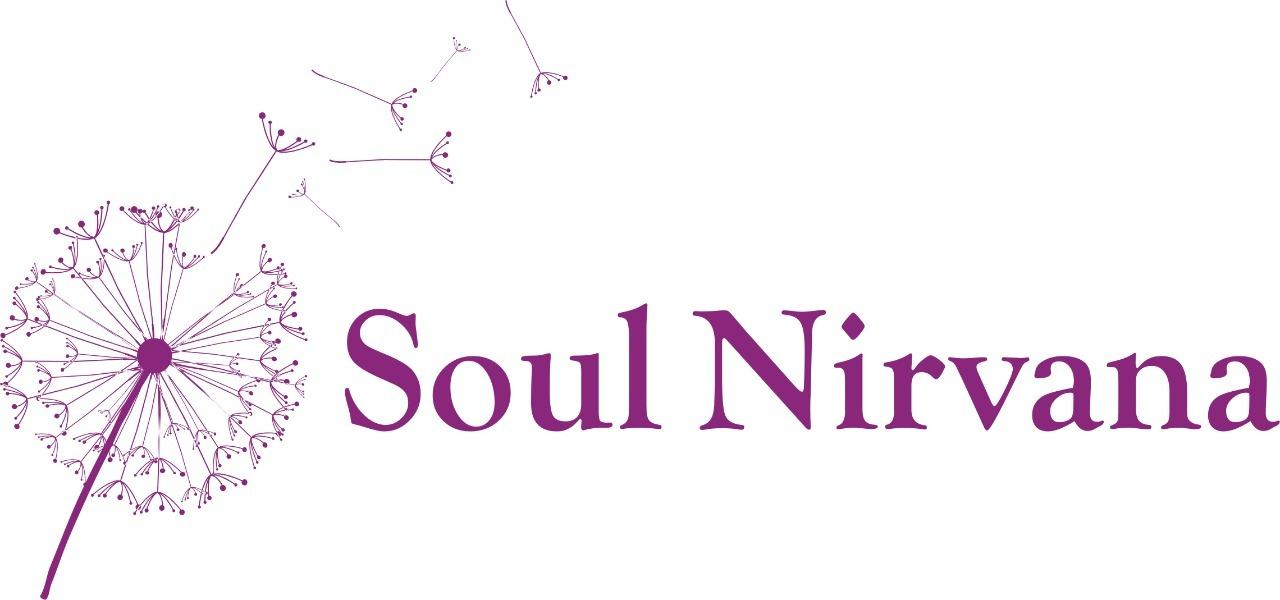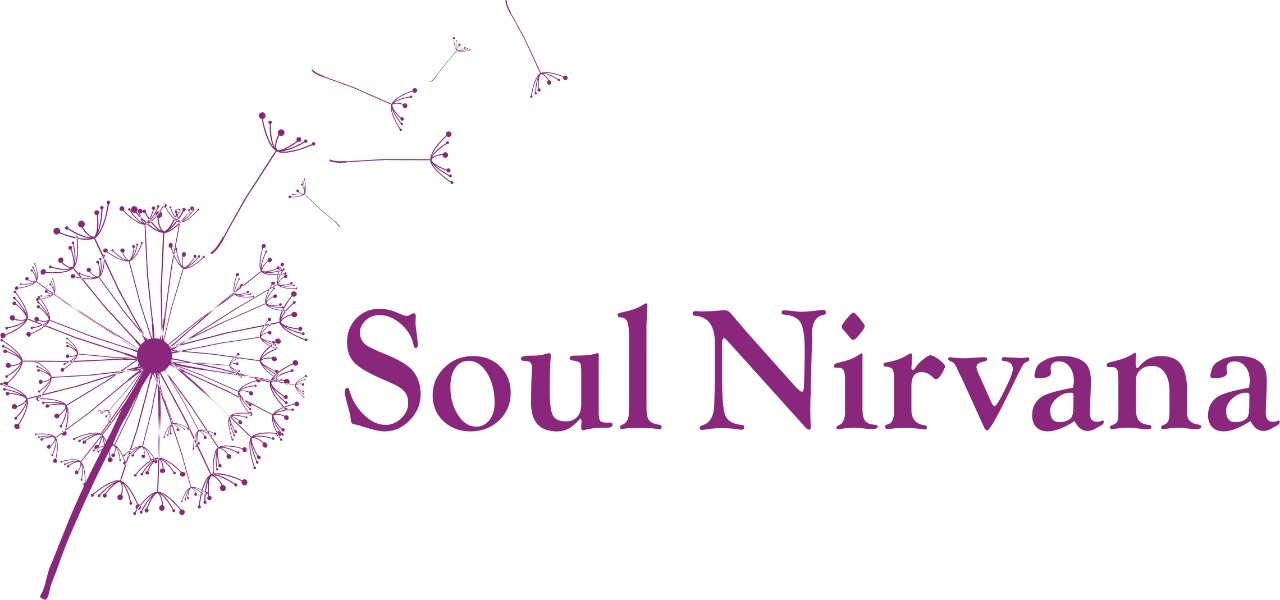Emotional Crisis, Academic Pressure, Parental Expectations, and Loss of Identity: A Silent Struggle Among Youth

Introduction
In today’s fast-paced, hypercompetitive world, young people, especially students, are increasingly facing an emotional crisis fueled by academic pressure and parental expectations. These compounded stressors often lead to a profound loss of identity, anxiety, depression, and even suicidal ideation.
At Soul Nirvana, we aim to shed light on this invisible battle and offer support through professional mental health services online and personalized therapy care plans.
The Weight of Academic Pressure
Academic performance has long been closely tied to success, particularly in countries such as India, South Korea, China, and Japan. From a young age, students are conditioned to believe that grades determine their worth and prospects. This belief system has led to what psychologists call “achievement anxiety”, a state where individuals tie their self-esteem and identity to academic outcomes.
According to a study by Deb et al. (2015) published on Research Gate, more than 63% of Indian high school students report high academic stress, with the main sources being examinations, excessive workload, and competitive classroom environments.
This pressure doesn't just affect academic outcomes; it seeps into every area of a student's life. Sleep disturbances, social withdrawal, irritability, and even psychosomatic illnesses are often the result of prolonged academic strain.
Parental Expectations: The Double-Edged Sword
While parents generally have the best intentions for their children, the intensity of expectations can sometimes do more harm than good. Parents may project their dreams and unfulfilled ambitions onto their children, often unknowingly.
Statements like “You must become a doctor,” or “Only a 90% is acceptable,” are not mere words; they are internalized as conditional love by the child.
In a study conducted by Ang & Huan (2006) in Educational Psychology, it was found that perceived parental pressure is positively correlated with increased levels of anxiety and depression in adolescents.
Children begin to feel that their value is contingent upon performance. In time, this erodes their sense of autonomy and authentic self, leading them to become people pleasers rather than self-aware individuals who can make independent life choices.
The Emotional Crisis: A Silent Epidemic
The amalgamation of academic stress and parental pressure often leads to an emotional breakdown. Symptoms manifest as burnout, chronic fatigue, low self-worth, hopelessness, and social anxiety.
The World Health Organization (WHO) reports that one in seven 10–19-year-olds experiences a mental disorder globally, with depression, anxiety, and behavioral disorders being the leading causes of illness and disability.
Yet, many students suffer in silence. Cultural stigmas around mental health, fear of disappointing parents, or simply a lack of awareness about emotional well-being deter them from seeking help.
This is where platforms like Soul Nirvana play a crucial role. By offering online, confidential, affordable, and the best mental health services tailored specifically to young minds.
Loss of Identity: Who Am I?
When every decision is guided by external validation - grades, accolades, or parental approval - identity confusion is inevitable. Erik Erikson, a renowned developmental psychologist, posited that adolescence is the critical period for forming one’s identity. Any disruption during this stage, such as intense pressure to conform, can lead to an “identity crisis.”
Students start to question:
- What do I want?
- Am I pursuing this career for me or my parents?
- Who am I, outside of my achievements?
This loss of identity is not merely philosophical; it’s deeply psychological. A study by Luyckx et al. (2008) in the Journal of Adolescence found that low identity development is linked to higher levels of depression and lower levels of self-esteem in university students.
The Solution: Healing Through Professional Help
At Soul Nirvana, we understand that each student is unique, with different struggles and strengths. That’s why our online therapy sessions are curated to provide:
- Safe spaces to express emotions
- Goal-setting strategies that align with personal values
- Parental counselling to build healthier relationships
- Mindfulness-based cognitive therapy (MBCT)
- Identity exploration exercises with licensed psychologists
By combining evidence-based interventions with compassionate listening, we empower students to rebuild their mental, emotional, and identity foundations.
How Can You Cope with These Pressures?
Here are a few actionable steps that students and parents can take:
- Practice Emotional Hygiene: Journaling, therapy, and open communication are vital for emotional clarity.
- Redefine Success: Celebrate effort, learning, and resilience—not just results.
- Set Boundaries: Know when to say no, take breaks, and prioritize mental health.
- Seek Therapy Early: Don’t wait for a breakdown to seek help. Preventive therapy can work wonders.
- Parents, Be Supportive: Replace “Why didn’t you score better?” with “How are you feeling about your performance?”
Final Thoughts
The triad of emotional crisis, academic pressure, and parental expectations can deeply impact a student’s sense of identity and well-being. But with the right tools, support systems, and professional help, healing and growth are not only possible, they're inevitable.
Soul Nirvana stands with every student on this journey, helping them rediscover who they truly are—beyond grades, roles, and expectations.
FAQs
1. What are the signs of an emotional crisis in students?
Common signs include fatigue, lack of motivation, social withdrawal, frequent crying, anxiety, and loss of interest in previously enjoyed activities.
2. How do academic pressures affect mental health?
Prolonged academic stress can lead to burnout, anxiety disorders, sleep issues, and even clinical depression, especially when paired with poor coping skills.
3. How can I differentiate between personal goals and parental expectations?
Personal goals are rooted in passion and purpose, whereas parental expectations often stem from external validation or societal norms. Therapy can help clarify this distinction.
4. Can online therapy help with identity issues?
Yes. Online therapy with licensed professionals can guide you through identity exploration exercises and self-reflection to rediscover your core values and beliefs.
5. What services does Soul Nirvana offer for students?
Soul Nirvana provides online therapy, student counselling, parental guidance, and workshops focused on emotional resilience and identity development.
References
- Deb, S., Strodl, E., & Sun, J. (2015). Academic stress, parental pressure, anxiety, and mental health among Indian high school students. International Journal of Psychology and Behavioral Sciences, 5(1), 26–34. https://doi.org/10.5923/j.ijpbs.20150501.04
- Ang, R.P., & Huan, V.S. (2006). Academic expectations stress inventory: Development, factor analysis, reliability, and validity. Educational and Psychological Measurement, 66(3), 522–539. https://doi.org/10.1177/0013164405282461
- WHO. (2021). Adolescent mental health. https://www.who.int/news-room/fact-sheets/detail/adolescent-mental-health
- Luyckx, K., Lens, W., Smits, I., & Goossens, L. (2010). Time perspective and identity formation: Shortterm longitudinal dynamics in college students. International Journal of Behavioral Development, 34(3), 238–247. https://doi.org/10.1177/0165025409350957

Ms Sonali Sikdar
Ms Sonali empowers individuals to grow, heal, and align their careers with their inner calling.
Related Blogs
No related blogs available.

